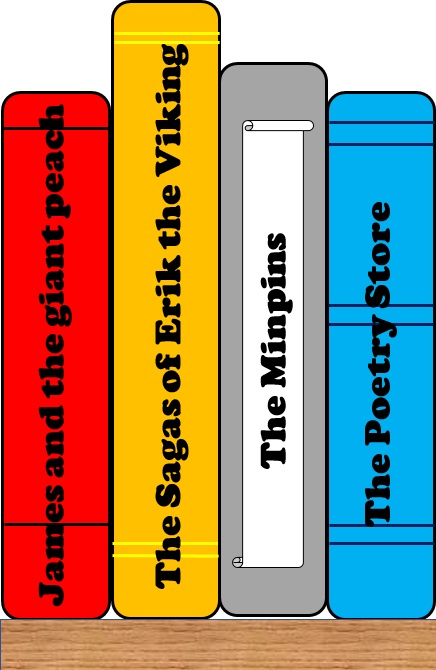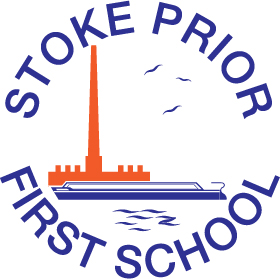Reading
“You can find magic wherever you look. Sit back and relax, all you need is a book.” Dr Seuss
We believe reading is at the heart of everything and we have a shared determination that all children should be able to read, regardless of disadvantage. It is the key to learning and achieving aspirations. In life, words are all around us and it opens up new worlds if we can read fluently. Reading is important for learning but also for pleasure. It is a great escape into other worlds, other people’s lives and our imagination. It can inspire us all in so many ways. At Stoke Prior First School, reading for pleasure is fundamental and the curriculum is designed to create readers, not just pupils who read. The English curriculum ensures that quality books across a wide range of literary forms reflect and broaden our children’s lived experiences and children’s understanding. Children read widely and often, having the opportunity to engage with a wide range of reading experiences such as whole class reading, paired reading, individual reading, reading across the curriculum, daily story time using the outdoor library during lunchtime and the indoor library on a rota.
How we teach reading in EYFS and Year 1
At Stoke Prior First School, early reading is taught through the system of synthetic phonics. We teach phonics using the ‘Essential Letters and Sounds’ scheme. It is taught daily from the start of Reception through to the end of Year One and in intervention groups, where needed, beyond this. Stories and book sharing are special times of each day, where teachers read a wide range of stories, poems, nursery rhymes and non-fiction books to the children. During this time, children are able to listen to a range of sentence structures, writing patterns and vocabulary choices that they would not necessarily find in their reading books. This access to stories enables the children to possess and use new vocabulary and language for themselves. As they progress through Reception and into KS1 the children are able to practise their reading skills in weekly Partner Reading sessions. The focus of these is on developing fluency and building confidence. As the children’s fluency improves, there is a greater focus on comprehension skills. Children in KS1 also have access to a range of texts based on topics being taught including some known texts and others which are new to them.
Parental involvement in Reception and Year 1
“Children are made readers on the laps of their parents.” – Emilie Buchwald
At Stoke Prior First School children are expected to read daily at home. Parents and carers are encouraged to hear their children read as well as read stories to them daily to support their development as readers. Home readers, which are closely matched to the phonics stage being taught, are issued weekly and children are expected to reread books to ensure fluency. In children’s reading diaries, a selection of comprehension questions that parents can use with their children is also available. Parents are requested to ensure reading diaries are in school daily and their notes about how their child has read written in. Comments may include details of how fluently their child has read or how well they have understood what they have read. Information evenings in Reception and Year One focus on how phonics and reading is taught at Stoke Prior First School and provide parents with additional suggested ways in which they can support their child’s reading development.
How we teach reading from Year 2 onwards
In Years Two, Three and Four we build on the children’s early reading success through the use of the ‘Accelerated Reader’ scheme which puts additional focus on the children’s individual comprehension skills. Children have regular opportunities to read and quiz in the classroom and have access to a range of texts within their identified ZPD (zone of proximal development) range.
Reading is taught to the whole class through the use of whole texts. By using Literary Leaves from The Literacy Tree, children gain access to a range of texts covering varying themes. Within each session, children will have a focus on new or challenging vocabulary followed by work across the National Curriculum reading domains.
Parental involvement in Year Two and above
“There are many little ways to enlarge your child’s world. Love of books is the best of all.” – Jacqueline Kennedy
In KS2, as children become more fluent readers, they still benefit greatly from sharing books with parents in order to continually develop their understanding of new vocabulary and comprehension and to foster a love of reading. Children will bring home a school reading book that they have chosen for themselves from within their Accelerated Reader range and once they have completed it, will quiz on the book in school using the comprehension questions provided in the scheme. Parents continue to be requested to ensure reading diaries are in school daily and their notes about how their child has read written in. Our homework policy states that children are expected to read daily. As in Reception and Year One, comments may include details of how fluently their child has read or how well they have understood what they have read.
How we put reading at the heart of our curriculum
We use exciting and engaging texts to help bring all areas of the curriculum to life. Children have opportunities to read a wide range of books and texts by classic and contemporary authors as part of their English lessons and have access to additional texts to support their topic lessons. We celebrate World Book Day by taking books into other classes to share what we are enjoying reading and, in Year Two and above, children are encouraged to share the books they love with others. Reading is celebrated weekly as part of Rainbow Assembly where ‘Reader of the week’ bookmarks are issued. In the classroom, children will have access to a range of reading material including specific subject books, magazines and age appropriate newspapers and children have access to the indoor library once every three weeks and the outdoor playground library daily. Within lessons, new and key vocabulary are shared and discussed with the children and reviewed regularly which supports children in the range and complexity of their vocabulary use. All classes have a dedicated story time at the end of the day and teachers select texts that will engage their classes while ensuring a range of texts types and genres are shared.
Follow the links below to find out which books each year group gets to enjoy.
RECEPTION
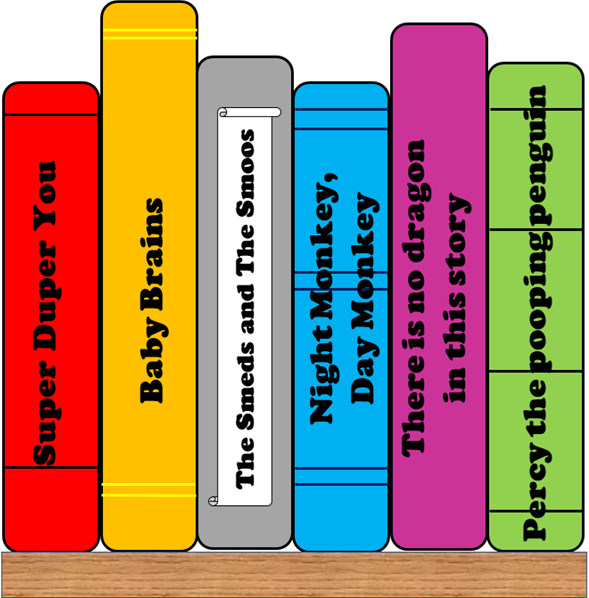
YEAR 1
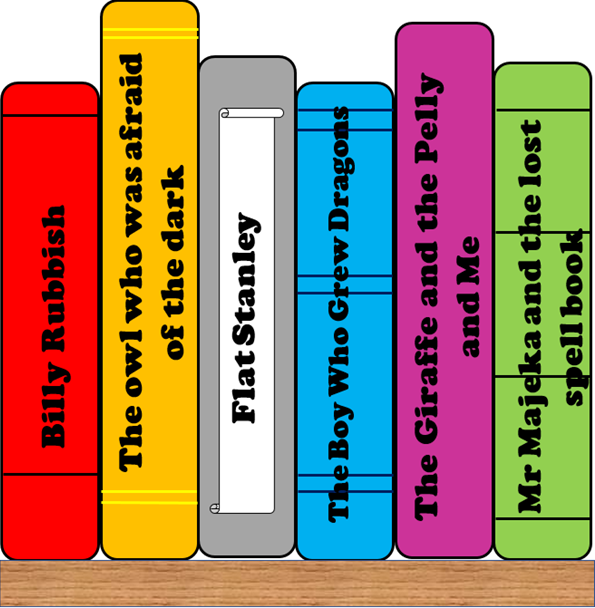
YEAR 2
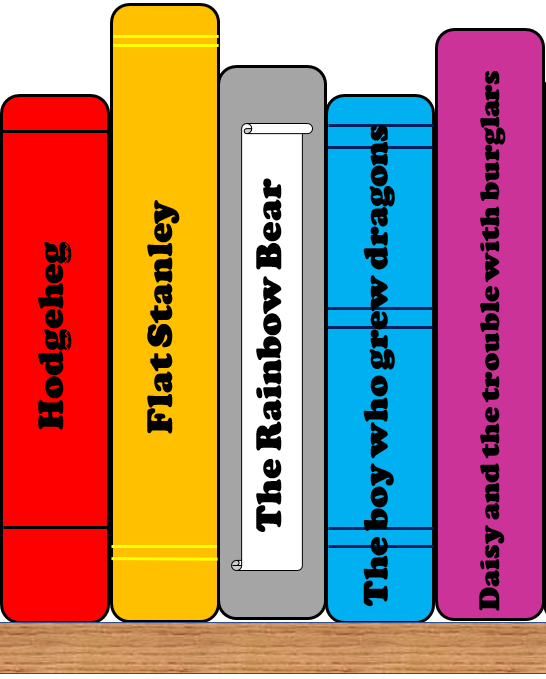
YEAR 3
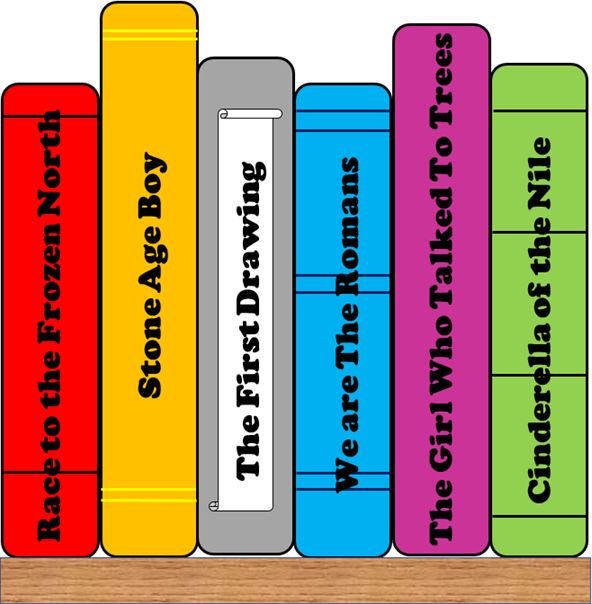
YEAR 4
